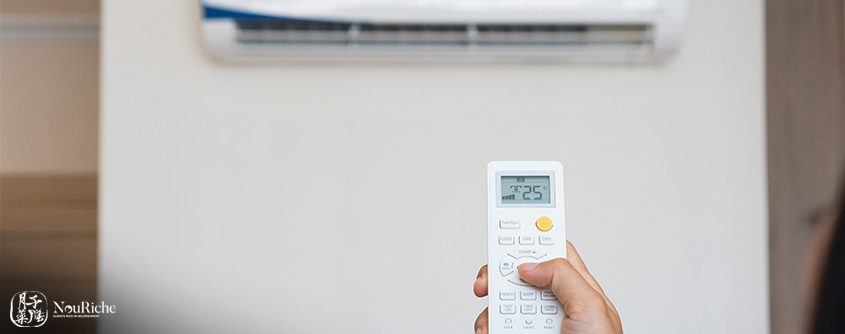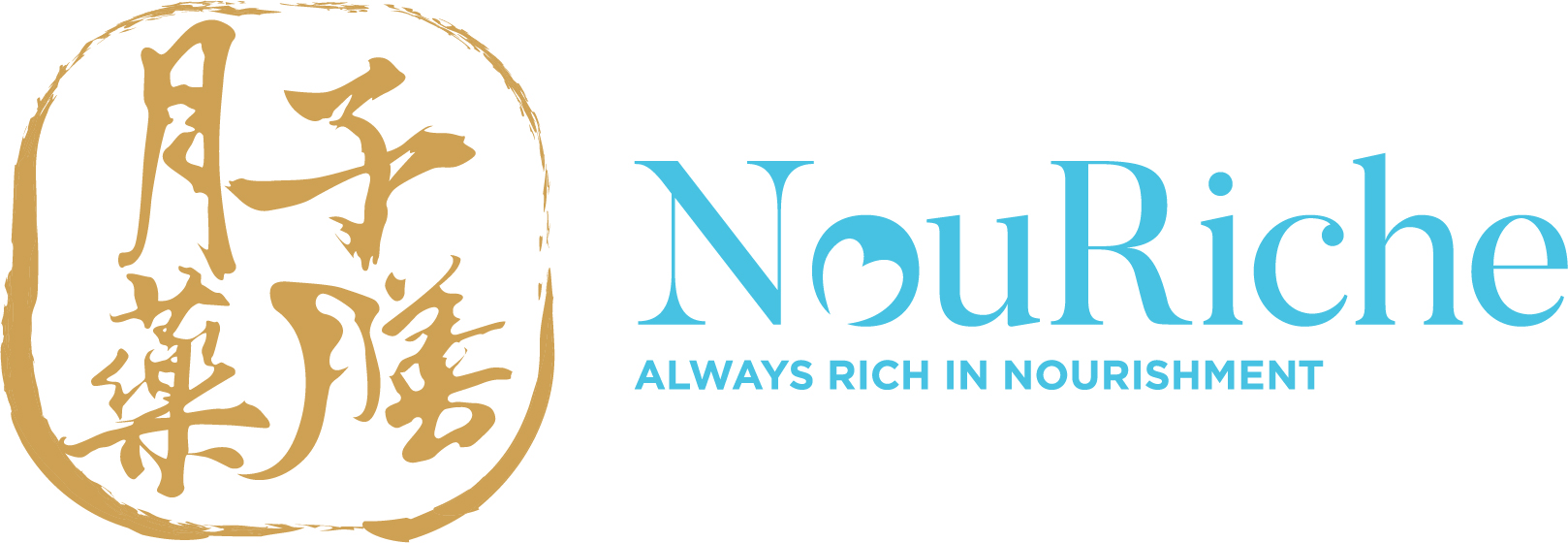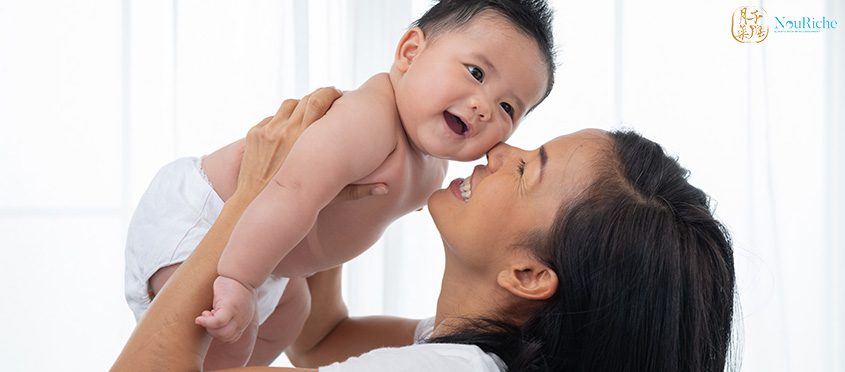For many generations, Chinese mothers have followed confinement practices that are deeply rooted in traditional Chinese medicine. These practices are designed to help a new mother’s body heal and rest, as it is believed that large amounts of “Qi” and blood are lost during labour. Chinese culture recommends a month-long period of confinement after childbirth, including a modified diet of confinement food, and many rigorous practices intended to return a mother to full health. But what if we told you that while some of these traditional practices are helpful in the mother’s recovery, others are purely myths? Read on to discover if these practices hold any truth.
Myth 1: Do not drink plain water

Mothers need to stay adequately hydrated especially if they’re breastfeeding. A healthy adult needs 8 glasses of water a day on a normal basis. Breastfeeding mothers on the other hand, should take at least that amount plus a little more. For a new mother to meet her hydration needs, be sure to drink at least 1 glass of water after every breastfeeding session.
Myth 2: It is okay to drink alcohol
Alcohol is often used in TCM and Chinese confinement food to expel “wind” and promote blood circulation. But apart from that, new mothers should actually avoid large amounts of alcohol which can be very harmful for a breastfeeding baby, causing growth impairment and development.
Myth 3: Avoid washing of hair or showering
Ensuring a level of good personal hygiene after giving birth is of importance, and that certainly involves taking a shower. Besides maintaining personal comfort, regular bathing helps prevent skin and wound infections. However, the mother should dry her body thoroughly as it’s particularly important to keep the perineum area clean and dry to promote wound healing.
Myth 4: Do not use fans or air conditioning

A mother’s hormone levels change after childbirth as her body adjusts to post-pregnancy. These changes in hormone levels can directly cause a shift in body temperature. A new mother may also sweat more as her body helps to get rid of excess fluid. In Singapore’s hot climate, sweating at night can disrupt a mother’s sleep, causing irritability, and affecting her quality of life. As such, there is no harm in using the fan or air-conditioner as long as the temperature feels comfortable for her and her baby. In fact, having good airflow in the room prevents overheating, and may help to prevent heat rashes too.
Myth 5: Do not read or cry
Prolonged reading of fine print may cause eye strain for anyone, but apart from that, there is no evidence to suggest that reading can directly cause damage to the eyes of a new mother. That applies to crying as well. In fact, crying can be a helpful way of releasing some of the stress and emotions that come with being a new mother.
We hope this article has been helpful in debunking the myths that come with some of these common practices. Besides being on the right path to recovery, emphasis should also be placed on having confinement food with the right nutrients needed for a new mother; afterall, it is all the more necessary now for her to regain her strength and get a boost from her diet.
At NouRiche, we believe in the importance of providing mothers in Singapore with confinement food that is delicious and nutritious at the same time. Reach out to us if you’re looking for an experienced confinement food caterer, and learn about our extensive confinement food menu today!


